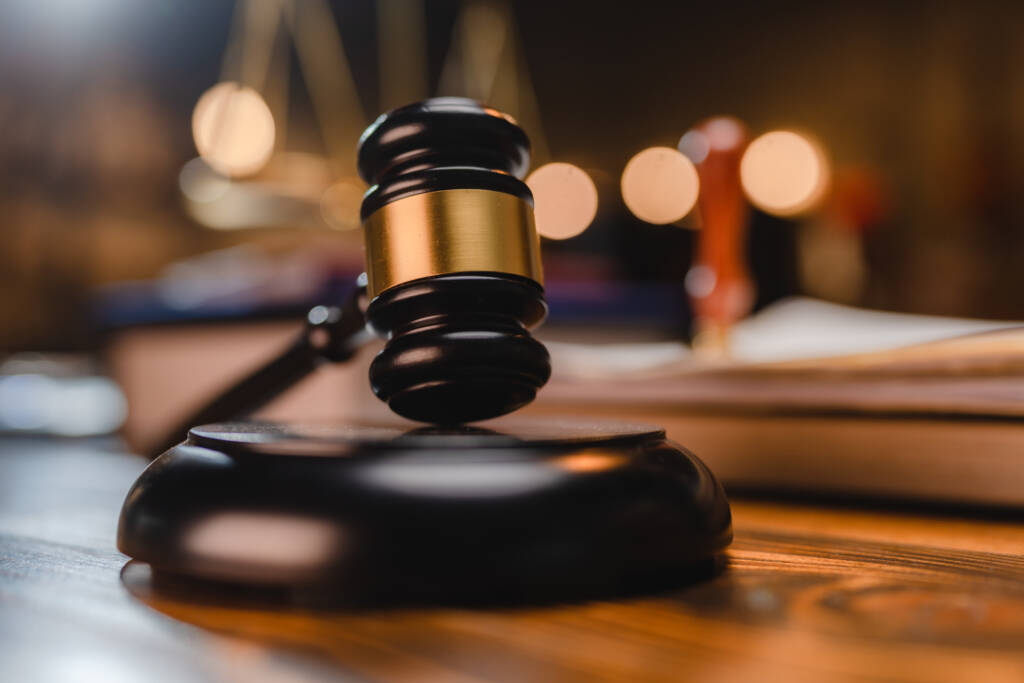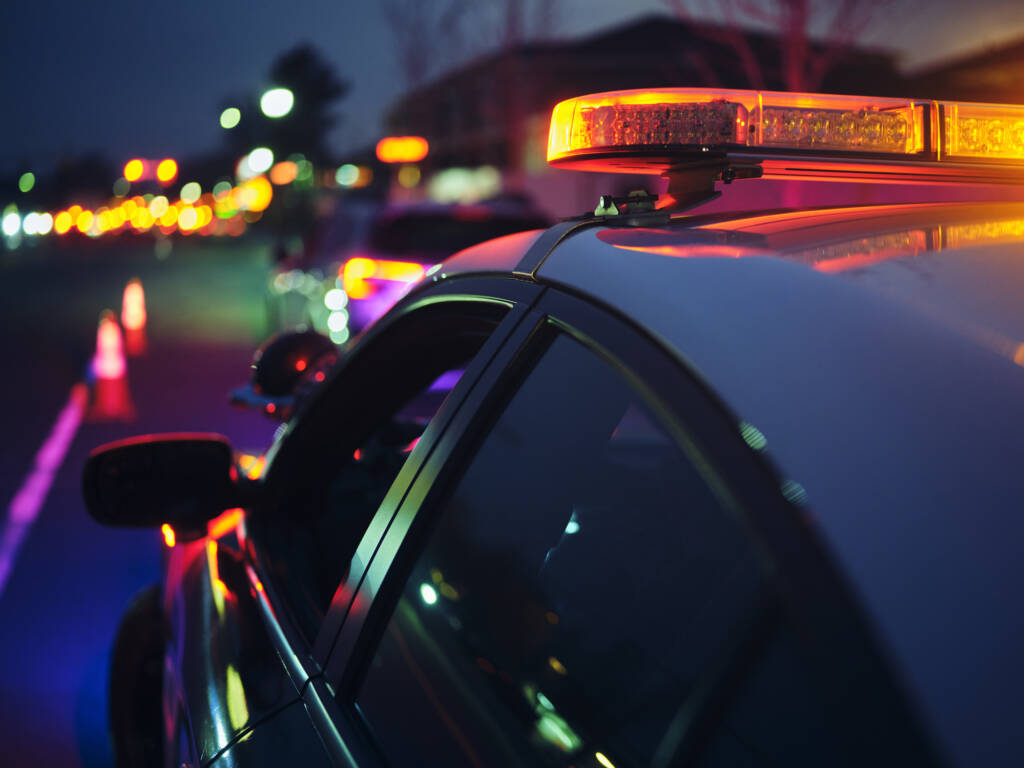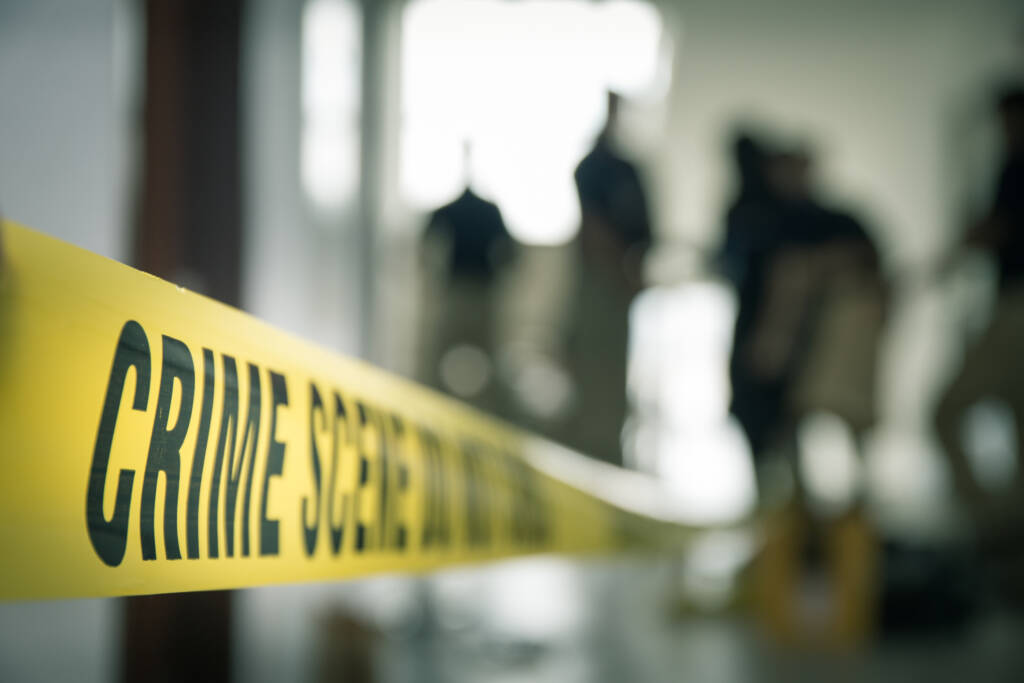
Criminology

In today’s society, crime and deviant behavior are often one of the top concerns of society members. From the nightly news to personal experiences with victimization, crime seems to be all around us. In this course, we will explore the field of criminology or the study of crime. In doing so, we will look at possible explanations for crime from psychological, biological, and sociological standpoints, explore the various types of crime and their consequences for society, and investigate how crime and criminals are handled by the criminal justice system. Why do some individuals commit crimes but others don’t? What aspects of our culture and society promote crime and deviance? Why do individuals receive different punishments for the same crime? What factors shape the criminal case process, from arrest to punishment?
Note: content varies depending on the course version. For currently enrolled students, please refer to the syllabus located in the course information area for curriculum specifics.
During this course, you will learn career-related skills and earn a badge for this accomplishment. A badge is a digital certification of your career-related learning that you can share on social media and higher education platforms, or with colleges, potential employers, peers, and colleagues. Select this link to learn more about badges.
Major Topics and Concepts
Segment 1:
- The World of Criminology
- Learn what crime is and how it is related to deviance.
- Discuss what criminology is and how it relates to other disciplines.
- Investigate legitimate reasons why a crime might be excused.
- Examine crime statistic sources and the issues with each.
- Look at some of the research methods that criminologists use to study crime.
- Biological and Psychological Theories of Crime
- Learn about early biological explanations of crime such as phrenology.
- Discuss chemical and hormonal theories of crime.
- Look at psychoanalytic theories of crime.
- Examine modeling and self-control theories.
- Investigate the legal definitions of insanity and how psychological profiling is used to solve crimes.
- Labeling, Conflict, Environmental, and Radical Theories
- Learn what social structure and social conditions are and how they relate to crime.
- Examine how social transition and rapid change can result in crime.
- Discuss how individuals may adapt to cultural goals in a way that leads to crime.
- Investigate how physical conditions affect crimes.
- Discuss the roles that inequality and power have in crime.
- Violent Crimes and Crimes against Property
- Learn about crimes against persons and crimes against property.
- Understand the different legal categories of homicide.
- Examine the different categories of thieves.
- Investigate the cost of crimes like larceny.
- Discuss the social conditions that factor into crimes such as burglary.
- White-Collar, Corporate and Public Order Crimes
- Identify the differences between occupational and corporate crimes.
- Discuss the costs of white-collar and corporate crimes to society.
- Examine different types of corporate crimes.
- Discuss possible solutions for controlling organized crime.
- Investigate the controversies over public order crimes and their enforcement
- Criminal Case Process
- Learn about the criminal justice system and what is included in the system.
- Discuss how the criminal justice system had its beginnings.
- Examine the goals of the criminal justice system.
- Investigate the various stages of the criminal case process.
- Look at how the juvenile criminal case process differs from the adult criminal case process.
- Enforcing the Law and the Nature of Courts
- Learn about the conflicting models toward crime and criminals in the criminal justice system.
- Discuss the factors that influence law enforcement decisions.
- Understand the U.S. court system, including state and federal courts.
- Examine what occurs in a typical criminal trial.
- Investigate the reasons for and against the death penalty and what research has shown about the death penalty.
- Overview of Punishment and Corrections
- Understand the different facilities used to hold and incarcerate offenders.
- Learn about the history of the correctional system.
- Examine the cost of correctional institutions to society.
- Discuss probation and why it is used.
- Examine alternative sanctions, such as house arrest and community service.
Competencies
The Field of Criminology
Students will demonstrate an understanding of the field of criminology by explaining crime as a form of deviance, relating criminology to criminal intent, and describing criminology research and data collection methods.
Biological and Psychological Crime Theories
Students will demonstrate an understanding of biological and psychological crime theories by explaining biological theories of crime and explaining psychological theories of crime.
Environmental and Social Crime Theories
Students will demonstrate an understanding of environmental and social crime theories by summarizing social structure, analyzing criminology theories of place and opportunity, and evaluating social learning theories of crime.
Crimes Against People and Property
Students will demonstrate an understanding of crimes against people and property by explaining crimes against persons and explaining crimes against property.
Occupational and Corporate Crimes
Students will demonstrate an understanding of occupational and corporate crimes by differentiating occupational and corporate crimes, describing types of corporate crimes, and evaluating solutions for reducing organized crimes.
Criminal Case Process
Students will demonstrate an understanding of the criminal case process by explaining the goals of the criminal justice system and describing the stages of the criminal case process.
Enforcing the Law
Students will demonstrate an understanding of enforcing the law by explaining law enforcement models, explaining roles in enforcing the law, and the use of the court system to enforce the law.
Punishment and Corrections
Students will demonstrate an understanding of punishment and corrections by differentiating institutional correctional facilities, describing norms and values that develop within prisons, and explaining alternative methods of punishment.
